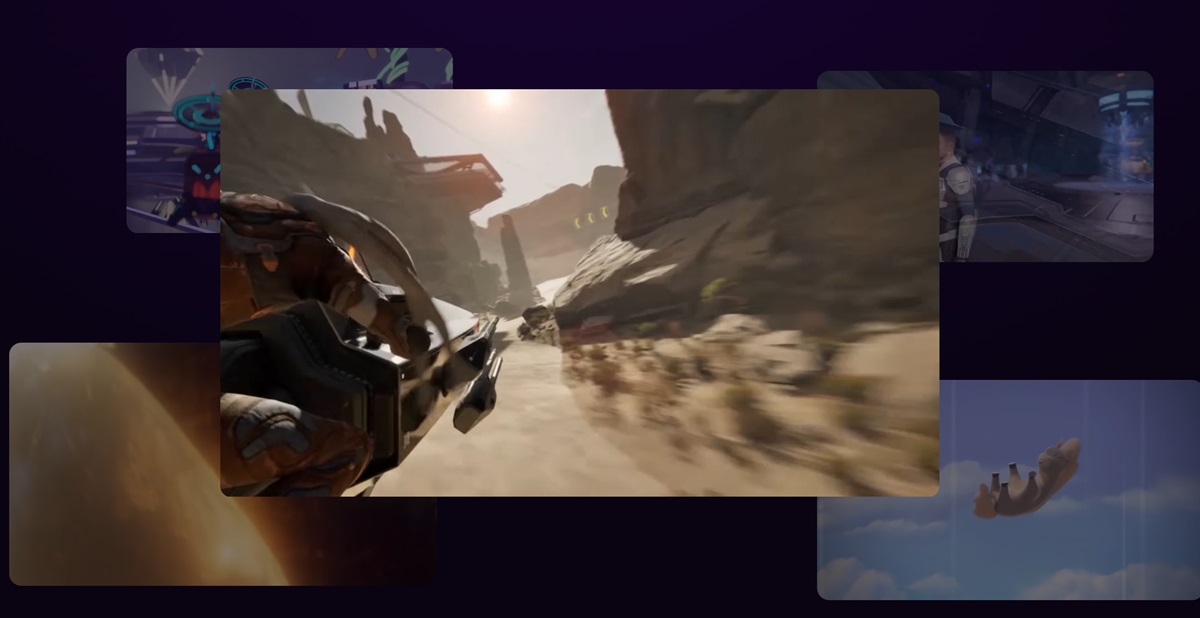Print Fix Hub
Your go-to source for everything print-related, from troubleshooting to tips.
Bridging Realms: How Crypto Game Interoperability is Changing the Play
Discover how crypto game interoperability is revolutionizing play and connecting virtual worlds like never before! Dive into the future of gaming!
Exploring the Future: Understanding Crypto Game Interoperability and Its Impact
As the world of gaming continues to evolve, crypto game interoperability emerges as a significant trend that could reshape the landscape. By allowing different games to share assets, currencies, and experiences, developers can create more immersive universes where players can seamlessly transition from one game to another. This creates a rich ecosystem where investments in in-game items retain value across various titles, fostering a sense of ownership and enhancing the overall gaming experience. With the adoption of blockchain technology, the potential for interoperability increases, enabling developers to collaborate and innovate beyond traditional game boundaries.
The impact of crypto game interoperability extends beyond just gameplay dynamics; it also has implications for the economy of the gaming industry. As players engage in multiple games, they form a diverse digital identity, which can lead to new monetization strategies. According to recent studies, a unified gaming universe could enhance player retention rates and boost spending in the ecosystem. Moreover, as more titles adopt this interconnected approach, the demand for skilled developers specializing in blockchain technology will likely surge, signaling a shift in the job market and learning pathways for aspiring game creators.

Counter-Strike is a highly competitive first-person shooter that has captivated gamers for decades. Players engage in intense matches as terrorists and counter-terrorists, working together to complete objectives or eliminate the opposing team. For those looking to enhance their gaming experience, consider using a bc.game promo code for various in-game benefits. The game's strategic depth and team-based gameplay make it a favorite among eSports enthusiasts.
How Cross-Game Asset Transfers are Revolutionizing the Gaming Experience
The world of gaming is undergoing a significant transformation with the advent of cross-game asset transfers. This innovative concept allows players to move assets seamlessly between different games, creating a more interconnected gaming environment. No longer are players confined to a single game's ecosystem; their unique characters, skins, and other in-game purchases can now traverse multiple titles. This evolution not only enhances player engagement but also fosters a sense of ownership, resulting in a more immersive experience where players can tailor their gaming journey across various platforms.
Furthermore, cross-game asset transfers streamline the monetization process for developers. By enabling the transfer of assets, game creators can build expansive universes that encourage collaboration and competition across different gaming landscapes. As a result, players are not just consumers; they become active participants in a larger community. This paradigm shift encourages developers to design games with longevity in mind, as players can continue to enjoy their investments across multiple titles, leading to a vibrant and evolving gaming ecosystem.
What Does Crypto Game Interoperability Mean for Players and Developers?
Crypto game interoperability refers to the ability of different blockchain-based games and platforms to communicate and share assets seamlessly. For players, this opens up a world of possibilities where items, characters, and currencies can be transferred across different games, enhancing overall gaming experience and longevity. Imagine a scenario where a character you developed in one game can be used in another, or trading assets that hold value in multiple ecosystems. This not only enriches the gaming experience but also elevates the value of digital assets, making them useful across a wide array of platforms.
From the developers' perspective, fostering interoperability can lead to increased engagement and a broader player base. By allowing assets to be used across multiple games, developers can tap into existing communities and mutually benefit from shared user bases. Additionally, this concept presents opportunities for innovative game mechanics and collaboration between different gaming studios. Ultimately, embracing interoperability could revolutionize game design, enabling a more connected and thriving gaming ecosystem.